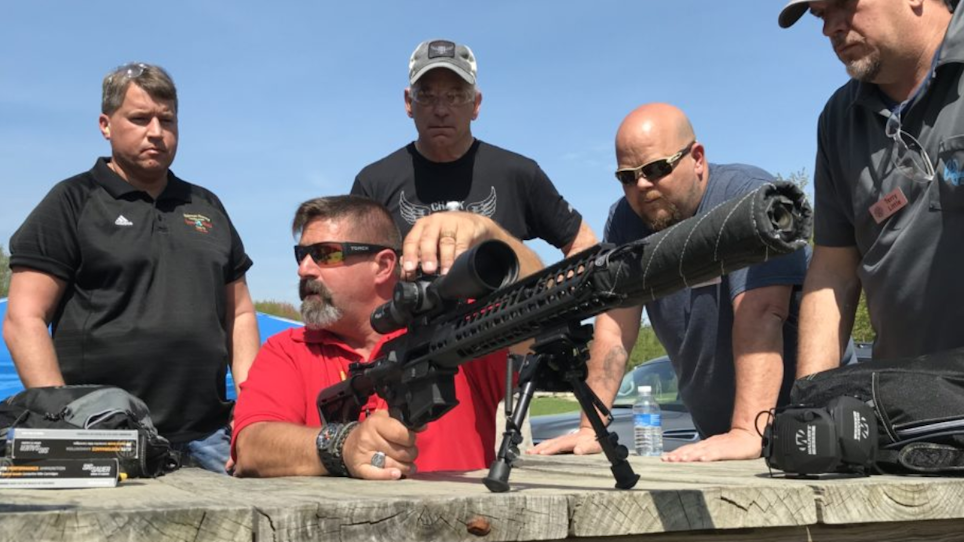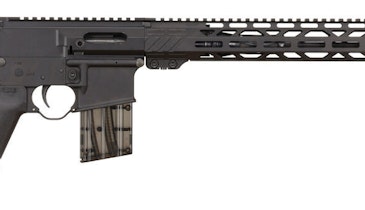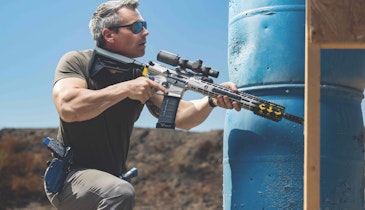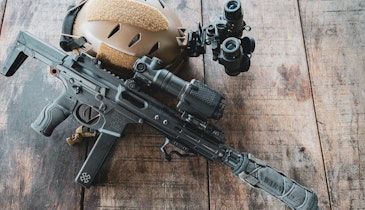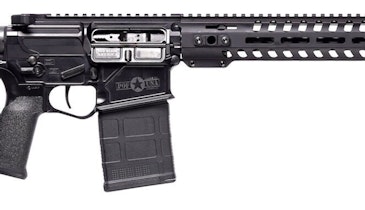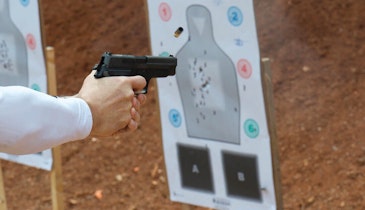U.S. Rep. Jeff Duncan filed eight bills on the first day of the 116th Congress, including a revised Hearing Protection Act to help update laws about suppressors.
“These bills address a number of concerns I have heard from constituents in the Third Congressional District over the years," said Duncan, a Republican representing the Third District in South Carolina. "I look forward to advocating for these bills along with individual liberty, free-markets, and limited government during the 116th Congress.”
Hearing Protection Act
Duncan's bill is written "To amend the Internal Revenue Code of 1986 to remove silencers from the definition of firearms, and for other purposes."
Duncan believes it's time to update the laws restricting the accessories.
“The Hearing Protection Act is a commonsense bill that is important to all sportsmen and women across the country," Duncan said in a statement. "Personally, I have experienced hearing damage from firearm noise, and I believe easier access to suppressors may have prevented much of this damage from early on in my life.
"Bottom line, this bill aims to fix this health issue that has already been addressed by many other countries. Now is the time to ensure sportsmen and women can have the safety and protection they need while hunting and shooting.”
SEC. 3. TREATMENT OF CERTAIN SILENCERS
A person acquiring or 11 possessing a firearm silencer in accordance with chapter 12 44 of title 18, United States Code, shall be treated as 13 meeting any registration and licensing requirements of the 14 National Firearms Act with respect to such silencer.’’.
SEC. 4. PREEMPTION OF CERTAIN STATE LAWS IN RELA16 TION TO FIREARM SILENCERS
Section 927 of title 18, United States Code, is 18 amended by adding at the end the following: ‘‘Notwith19 standing the preceding sentence, a law of a State or a 20 political subdivision of a State that imposes a tax, other 21 than a generally applicable sales or use tax, on making, 22 transferring, using, possessing, or transporting a firearm 23 silencer in or affecting interstate or foreign commerce, or 24 imposes a marking, recordkeeping or registration requirement with respect to such a firearm silencer, shall have 2 no force or effect.’’.
SEC. 5. DESTRUCTION OF RECORDS
Not later than 365 days after the date of the enact5 ment of this Act, the Attorney General shall destroy any 6 registration of a silencer maintained in the National Fire7 arms Registration and Transfer Record pursuant to sec8 tion 5841 of the Internal Revenue Code of 1986, any ap9 plication to transfer filed under section 5812 of the Inter10 nal Revenue Code of 1986 that identifies the transferee 11 of a silencer, and any application to make filed under sec12 tion 5822 of the Internal Revenue Code of 1986 that iden13 tifies the maker of a silencer.
According to the American Suppressor Association, the Hearing Protection Act was introduced in 2015 by Rep. Matt Salmon (R-AZ-05) . With suppressors accepted for use by dozens of states for sporting shooters and hunters, amending the old laws has been a priority within the industry.
It's unknown how Duncan's bill may fare in the current House session with Democrats in control. Speaker of the House Nancy Pelosi (D-Calif.) already has announced a package of gun control measures, including expanding background checks, that is a big part of the Democrats' agenda.
“Regardless of who holds power in DC, the American Suppressor Association believes that citizens should not have to pay a tax to protect their hearing while exercising their Second Amendment rights,” said Knox Williams, President and Executive Director of ASA.
“With anti-suppressor legislators now in control of the House, the path to passage of the HPA is now exponentially harder than it was before. It may take years, but we at ASA, along with Rep. Duncan and his tremendous staff, will not stop working until we get suppressors out of NFA where they belong.”
Suppressors have been federally regulated since the passage of the National Firearms Act of 1934. In order to purchase a suppressor, prospective buyers must live in a state where suppressors are legal, send in an application including fingerprints and passport photos to the ATF, pay a $200 transfer tax, notify their local Chief Law Enforcement Officer, and wait an indeterminate amount of time for ATF to process the application. As of January 2019, wait times typically range from 5 to 14 months.
Featured image: Alan Clemons
